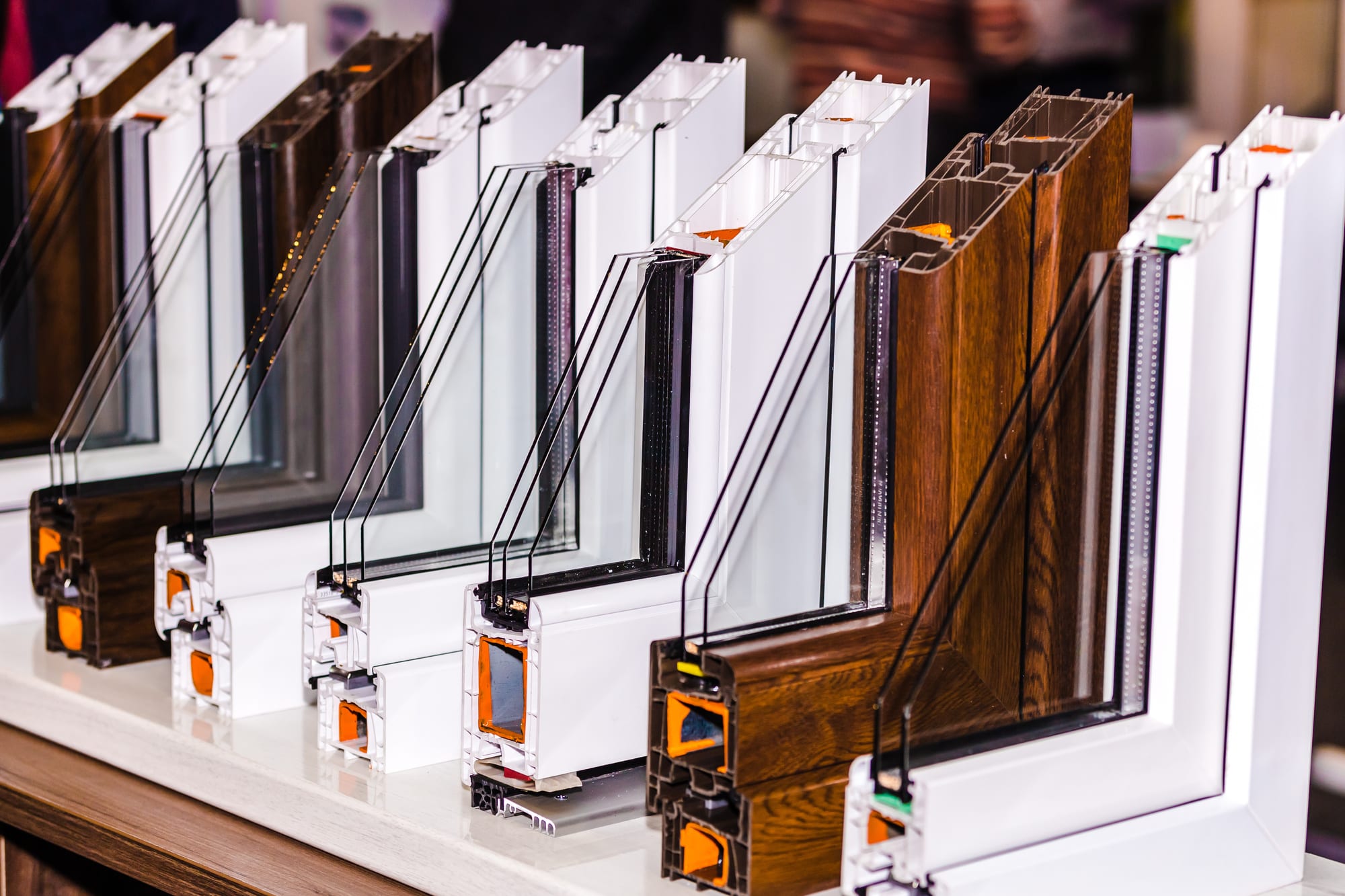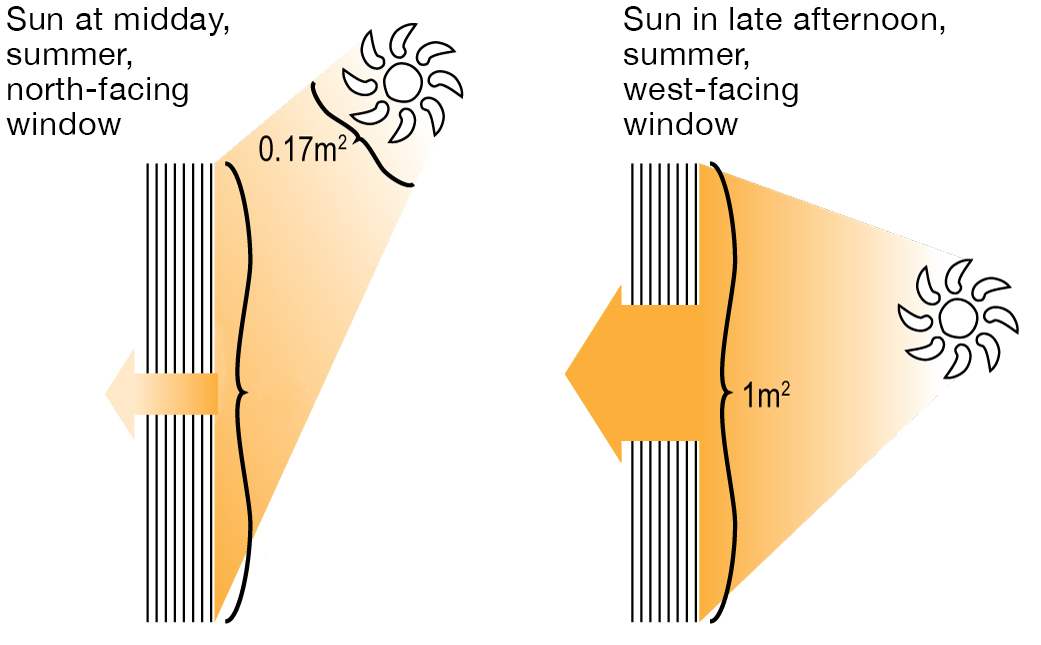All Categories
Featured
Table of Contents
Double Glazing Australia Blogs in Osborne Park Western Australia
That window can transmit more solar heat in winter season than in summertime. A west-facing window on a summertime's afternoon has an angle of occurrence from near 0 as much as 30 with a large effective location of solar radiation. A north-facing window, in summertime, has a high angle of incidence and a low effective area of solar radiation, so can transmit less heat than a west-facing one.

You can rapidly and easily enhance the thermal performance of your home by replacing your windows. This is among the most reliable techniques of restoration to attain enhanced thermal convenience. There are thousands of types of glass and frames to pick from. Selecting the ideal ones is very important to enhancing the energy effectiveness of your home.
4 Benefits Of Double Glazed Windows In The Summer in Carramar WA
Single glazing with clear glass is not very effective when it comes to heat loss or gain. To improve efficiency, you can utilize single glazing with a more energy-efficient type of glass such as low emissivity (low-e) glass.
The energy efficiency of IGUs also depends on: the residential or commercial properties of each layer of glass. Different glass types (for example, clear and low-e glass) can be put together in an IGU.
Double Glazing Vs Triple Glazing: Which Should You Choose in Hazelmere Western Australia

IGU cavities can be filled with air or a more inert, low-conductivity gas such as argon the width of the cavity. Wider cavities provide lower (much better) U worths, with 12mm normally accepted as the preferred space how well the cavity is sealed.
If argon is installed to the cavity in location of air, moisture is dependably omitted the level of desiccant (drying agent). The spacer (metal or polymer strip) that separates the glass layers contains a desiccant to take in any moisture. Insufficient desiccant might cause moisture to condense on the glass surface area in cold conditions, lowering thermal efficiency.
Double Glazed Windows Brisbane in Heathridge WA
IGUs can provide much better energy performance for all environments, especially in heated and air-conditioned homes. Cross-section detail of single, double and triple-glazing systems Low emissivity glass (typically called low-e glass) lowers heat transfer. Low-e glass may be either high or low transmission: High transmission low-e glass has a coating that enables daylight from the sun to enter your house to attain great solar heat gain, however reduces the quantity of the long wavelength infrared heat that can get away back through the window.
Low-e glass has either a pyrolytic finishing or a vacuum-deposited thin film metal finishing. Pyrolytic finishings are resilient and can be used for any glazing; vacuum-deposited coverings are soft and are only utilized within IGUs. Low-e finishings can substantially improve both U value and SHGC; however, they must be used properly or they will either deteriorate or stop working to perform as needed.
Upvc Double Glazed Windows Australia in Midland Perth
Low-e finishings can be utilized in mix with clear, toned or reflective glass. Low-e finishings on glazing can lower heat transfer where needed Picture: Department of Industry, Science, Energy and Resources Toned glass has actually colouring additives consisted of throughout manufacture. It is available in various colours, generally bronze, grey, blue and green.
Table of Contents
Latest Posts
Blown Double Glazing & What To Do About It in Mundijong Western Australia
What Are The Advantages Of Double Glazed Windows? in Queens Park WA
Double Glazing Versus Secondary Glazing in Marmion Western Australia
More
Latest Posts
Blown Double Glazing & What To Do About It in Mundijong Western Australia
What Are The Advantages Of Double Glazed Windows? in Queens Park WA
Double Glazing Versus Secondary Glazing in Marmion Western Australia